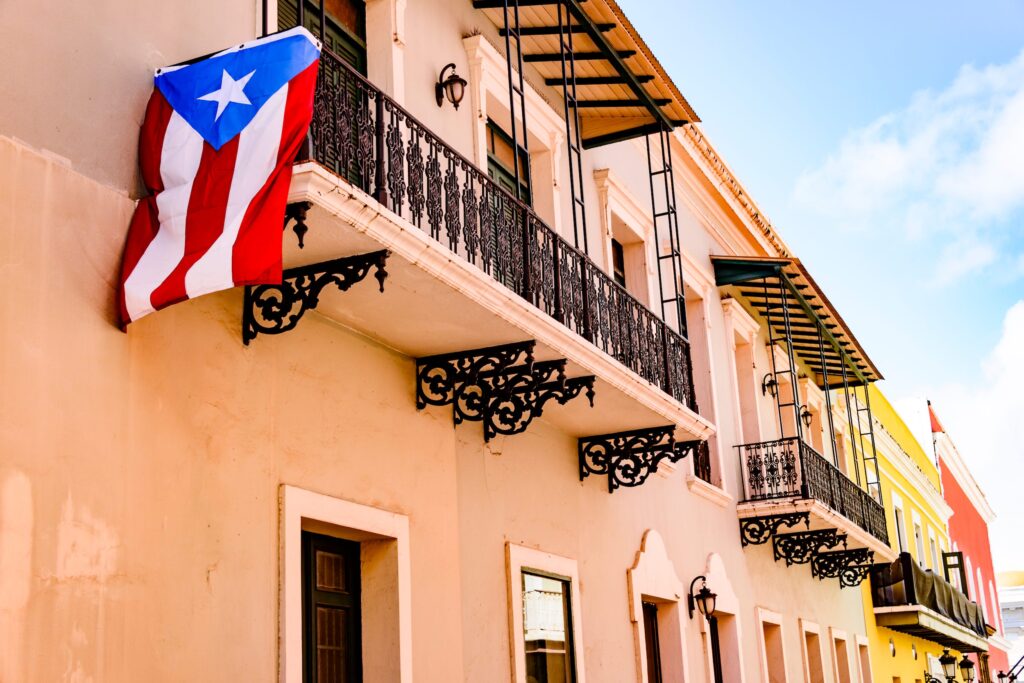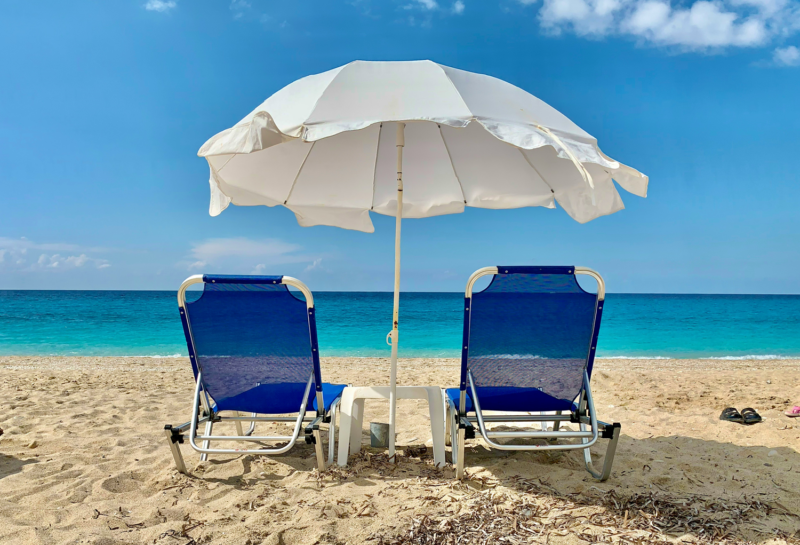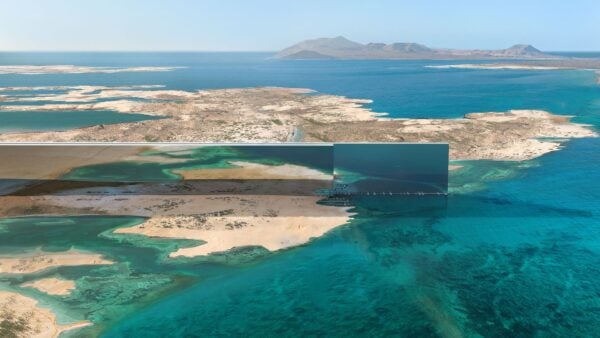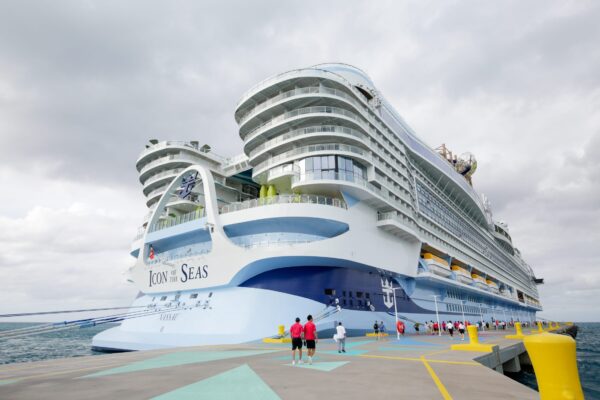- Puerto Rico is becoming a popular destination for mainland Americans seeking tax breaks.
- However, an influx of wealth is driving up housing costs.
- Young Puerto Rican professionals are being forced to seek opportunities abroad.
Finding good jobs and affordable housing is often a challenge for young Americans living in the 50 states, and that issue is stretching to Puerto Rico.
Puerto Rico is becoming an increasingly popular destination for mainland Americans looking to relocate for tax purposes without giving up their US citizenship. But for many Puerto Ricans, the economic boost that could come from the influx of businesses and wealthy foreigners is contributing to rising housing costs and a lack of professional job opportunities, said Anna, a millennial who grew up on the island and recently relocated to Europe for a software engineering career.
"When people mention how this is helping, they talk about creation of jobs in the service industry, cleaning Airbnbs, day care for kids," said Anna, whose identity is known to Business Insider but has been withheld due to the political sensitivity of the topic in Puerto Rico. "On the other hand, many young professionals leave the island due to the lack of job prospects, decent salaries, and job conditions."
She pointed to the $18.3 million hotel purchased by crypto millionaire Brock Pierce in 2022 as an example of a wealthy mainlander investing in the island. While the hotel will create jobs, Anna worries that most would be low-paying jobs and won't help young professionals seeking careers.
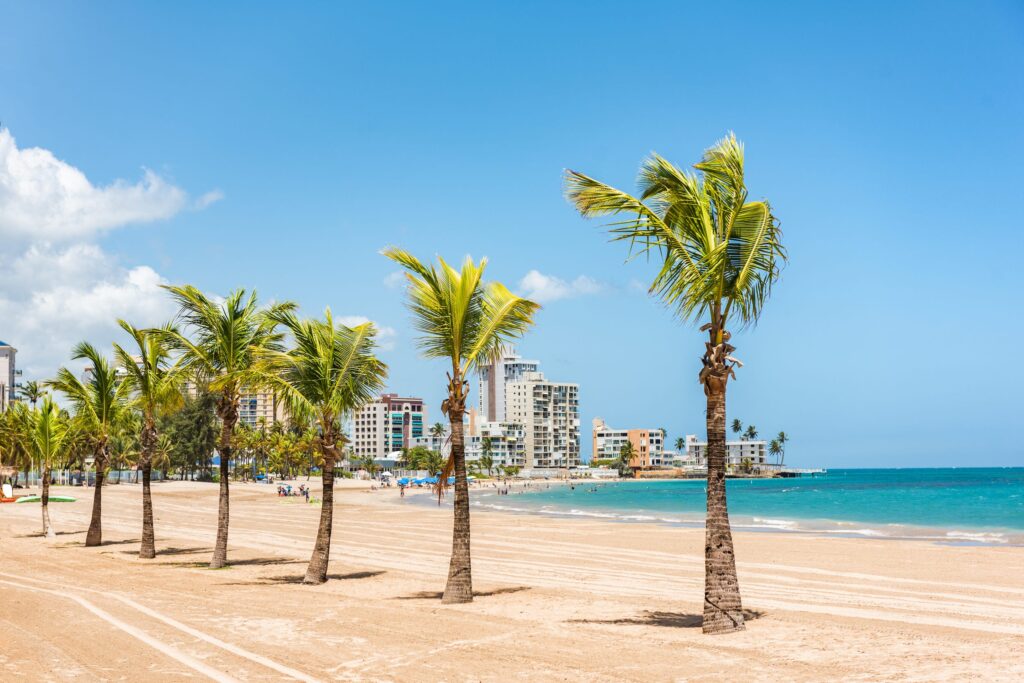
Between 2021 and 2022, about 27,000 individuals moved from the US mainland to Puerto Rico, according to data collected by the US Census Bureau. Many of those people are lured, at least in part, by Act 60, which provides financial incentives to entice Americans to move to Puerto Rico.
If you qualify for an Act 60 decree, it includes a 4% income tax rate, a 75% discount on property tax, and no tax on capital gains accrued while on the island.
To help ensure that those taking advantage of the tax breaks are contributing to the local economy, a person must give $10,000 annually to specific Puerto Rico-based charities and purchase a residence on the island within two years of relocating.
Young people like Anna aren't so sure that's enough.
The cost of housing is out of reach for most Puerto Ricans
"Most Puerto Ricans complain about how it's getting more difficult to buy property, that rents are going up," Anna said. "Family homes that would typically cost about $200,000 or less in years past are easily over $300,000 now."
In 2021, the cost of living in Puerto Rico rose by 7%, the largest jump seen in 40 years. Meanwhile, in the past five years, the prices for single-family homes on the island have jumped 28%, according to the Federal Housing Finance Agency.
According to data from Realtor.com, the median home price in San Juan, Puerto Rico, in February was $950,000, up 37% in the past year. Even in Aguas Buenas, a town 40 minutes south of San Juan that Anna described as formerly "rural and in the middle of nowhere," the median house price was over $300,000 in 2023.
These prices are out of reach for most Puerto Ricans, where the median income is $24,000, and 42% of the population is living in poverty.
Act 60 is also drawing real estate investors to Puerto Rico, which compounds the problem of housing costs.
In February 2023, Adrián González Costa, a former candidate for San Juan mayor and representative for the Puerto Rican Independence Party, announced that foreign investors had recently purchased nine buildings in the Río Piedras section of San Juan. In at least one of those buildings, residents received notice that their rent would increase by $300 monthly.
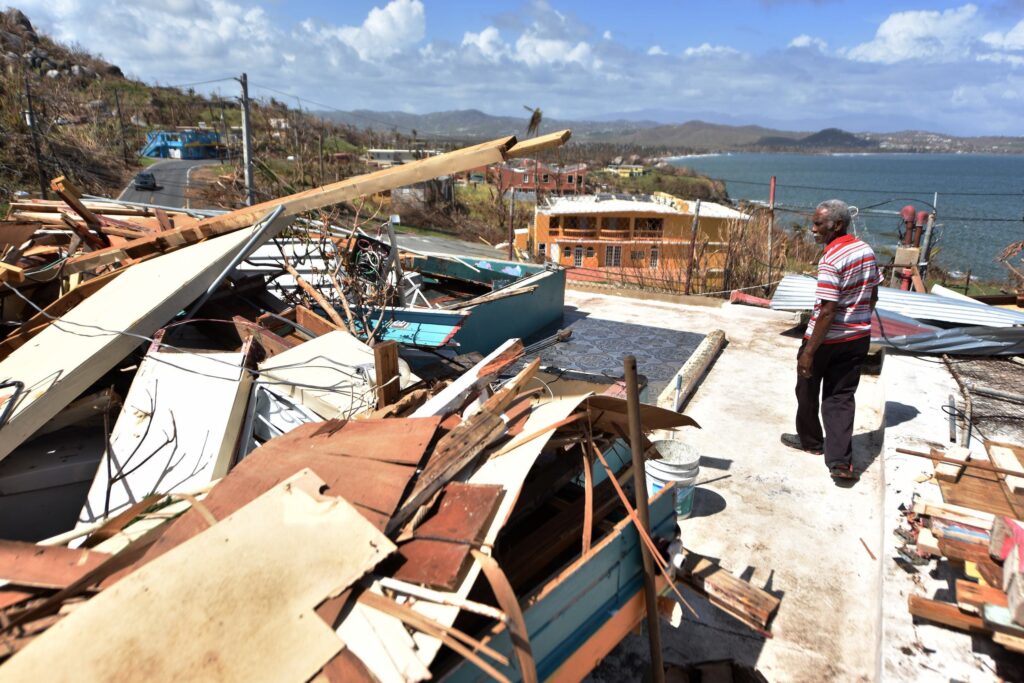
The surge in Airbnbs is also pushing prices up
Anna also noted that there has been a surge of new Airbnbs created on the island.
According to the San Juan Daily Star, these short-term rentals further limit housing supply and have been blamed for pushing prices up. While new regulations governing these units in San Juan were passed in 2023, there is still no limit on the number of short-term rentals in the city.
According to the Associated Press, there are now 25,000 short-term rentals in Puerto Rico, up from 1,000 in 2014. The AP also noted that the increase was partly spurred by Hurricane Maria, which devasted the island in 2017. Many investors took advantage of the cheap housing available as Puerto Ricans fled the island for the mainland.
Despite these hurdles, Anna is still hopeful that she can return to Puerto Rico someday and buy a home.
"Many young people such as myself simply leave the island since this option is easier to be able to live independently," she said. "I want to move back and buy a decent home someday; I think I will eventually be able to, but it will be difficult, and I know I am lucky and privileged to be in my position."
In the meantime, she feels the problem will continue to grow until there is more investment in local businesses and job opportunities in professional fields.
"I want to see more job opportunities in diverse fields, such as medical, engineering, and education," she said. "People should feel like they can study whatever they want and find a dignified job opportunity on the island."
